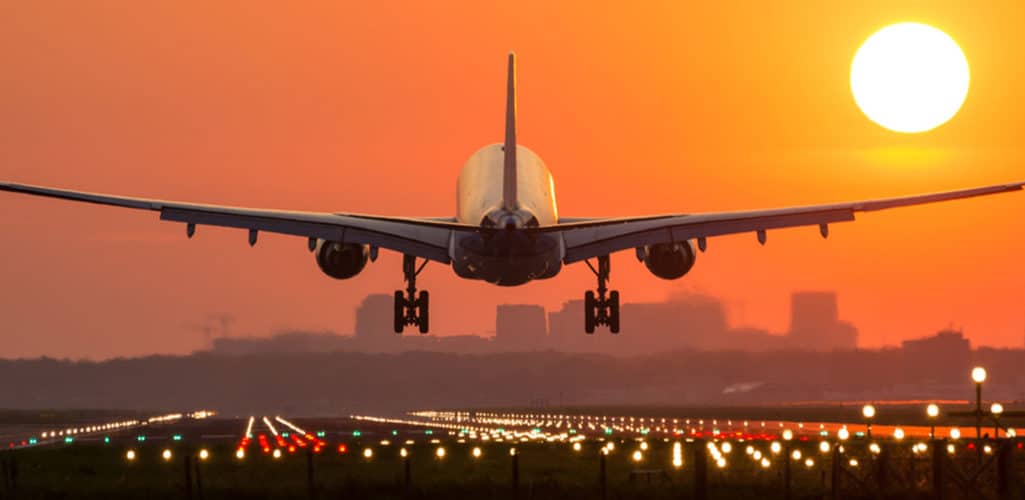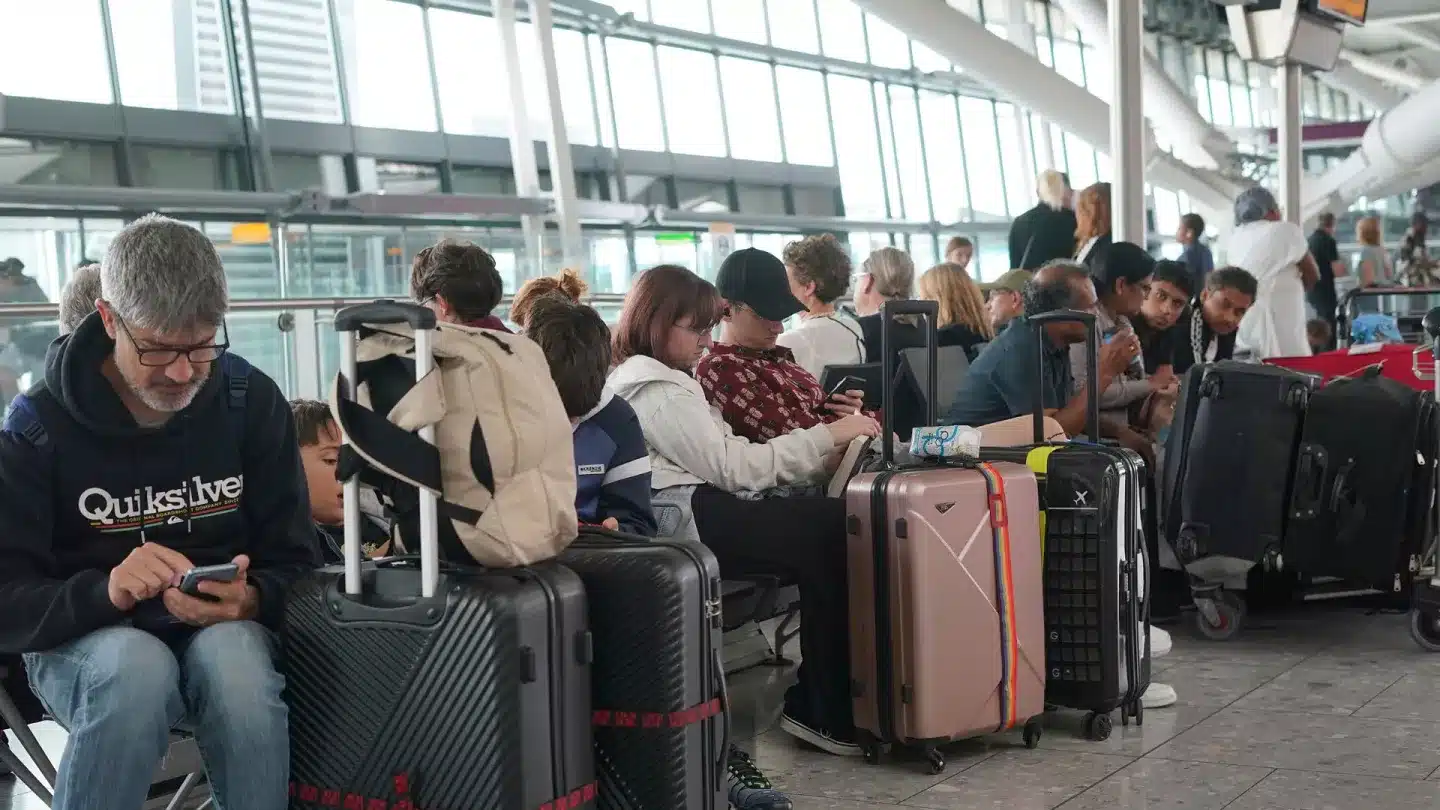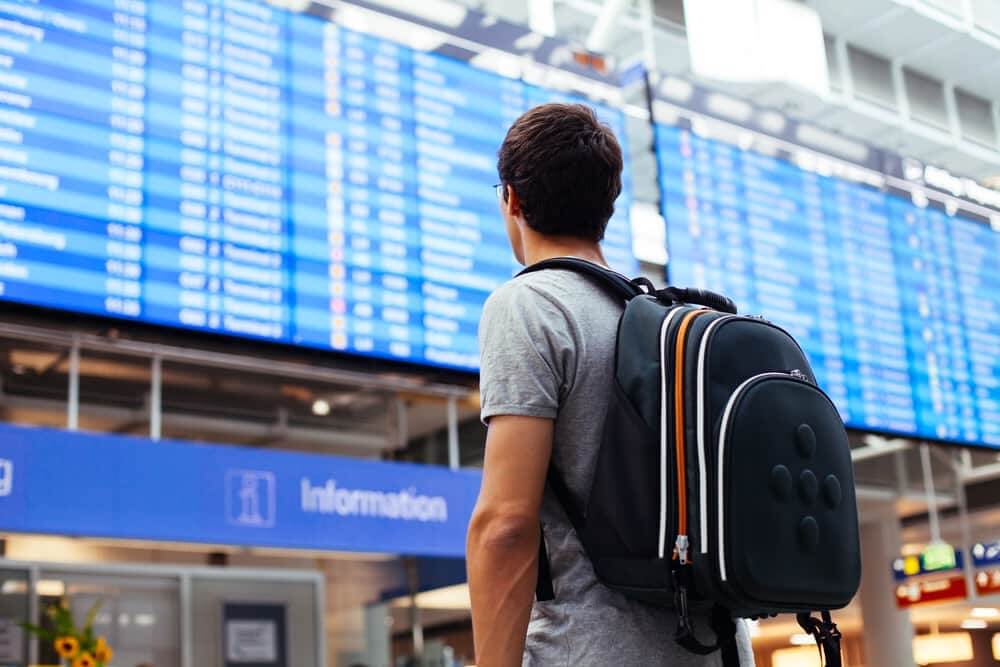Can I Claim Compensation for a Delayed UK Flight?

Table of Contents
Flight delays can be a significant inconvenience, especially when travelling to or from the UK. Understanding your rights regarding flight delay compensation is crucial for relieving some of the frustrations and potential costs associated with delayed flights. Here’s what you need to know about claiming compensation for flight delays in the UK.
Understanding Your Rights
In the UK, the rights of passengers in case of flight delays are largely governed by the UK261 Regulation, which ensures that passengers can claim compensation when their flights are delayed under certain conditions.
Conditions for Compensation

1. Flight Details: The regulation applies:
- to passengers departing from a UK airport; and
- to passengers departing from an airport located in a country other than the UK to an airport situated in:
§ the UK if the operating air carrier of the flight concerned is either an EU/EEA carrier or a UK air carrier; or
§ the EU/EEA if the operating air carrier of the flight concerned is a UK air carrier.
2. Length of Delay: To be eligible for compensation, the delay must be at least three hours, and this is measured by the time you arrive at your final destination, not the departure delay.
3. Reason for Delay: Compensation is only granted for delays caused by reasons within the airline’s control, such as technical faults or crew issues. Delays caused by extraordinary circumstances like severe weather, strikes not related to the airline (like air traffic control strikes), or political instability are typically not eligible for compensation.
How Much Compensation Can You Claim?

The amount of compensation depends on the length of the flight and the duration of the delay:
- Flights under 1,500 kilometres: £220
- EU flights over 1,500 kilometres and non-EU flights between 1,500 and 3,500 kilometres: £350
- Flights over 3,500 kilometres: £520
Steps to Claim Compensation
Step 1: Check Your Eligibility
Confirm that your situation fits the criteria for compensation: check your flight distance, the length of the delay, and the reason for the delay.
Step 2: Gather Evidence
Keep all relevant documents handy. This includes your boarding pass, booking confirmation, and any communications from the airline regarding the delay.
Step 3: File a Claim
Submit a claim directly to the airline. Most airlines provide forms on their websites specifically for this purpose. Be sure to clearly state the flight details, the length of the delay, and request the specific amount of compensation applicable to your situation.
Step 4: Follow Up
If the airline does not respond within a reasonable time (usually six weeks) or rejects your claim without a valid reason, you can escalate your claim. In the UK, you can contact the Civil Aviation Authority (CAA) for further assistance.
Step 5: Consider Legal Help
If the process stalls or the airline continues to refuse compensation without due cause, consider seeking help from a claims company or legal advice. Be aware that these services may take a portion of the compensation as their fee.
Conclusion
Flight delays are frustrating, but the regulations are in place to ensure that passengers are not left at a disadvantage. Knowing these rules and how to claim flight delay compensation effectively can help ensure you are not out of pocket due to airline delays.






